
BBC presenter Naga Munchetty takes everything in her stride while presenting BBC Breakfast live three days a week, but for decades she was left screaming and crying in agony by an undiagnosed medical condition.
The 50-year-old journalist spoke to Saga Magazine about her secret battle with chronic pain and the book it has prompted her to write.
She recalled one evening out at the theatre which left her in agony.
“As we were approaching home, I became more and more quiet because I was in a lot of pain,” said Naga. “By the time I got to the front door I was bent double. My husband (TV director James Haggar) had to help me upstairs. I felt dizzy, with excruciating, stabbing pain in my abdomen.
“I got into bed but couldn’t physically turn myself over, because I was crippled from the pain. My husband was having to turn me as I screamed. The sheets were soaked in sweat, I was crying, which I rarely do. I was taking every kind of painkiller, but they didn’t touch the sides.”
Her husband called 999 but it was only six hours later that they got a call bak.
Naga said: “I told him it was pain like nothing I’d ever known. He said, ‘Well, next time take two paracetamol.’ I was so exhausted and depleted and without hope, I just said, 'OK, thanks.'
"To this day, I’m like, ‘Why did you say that?’ I’m really upset they thought that response was OK to someone they could hear yelling and crying.”
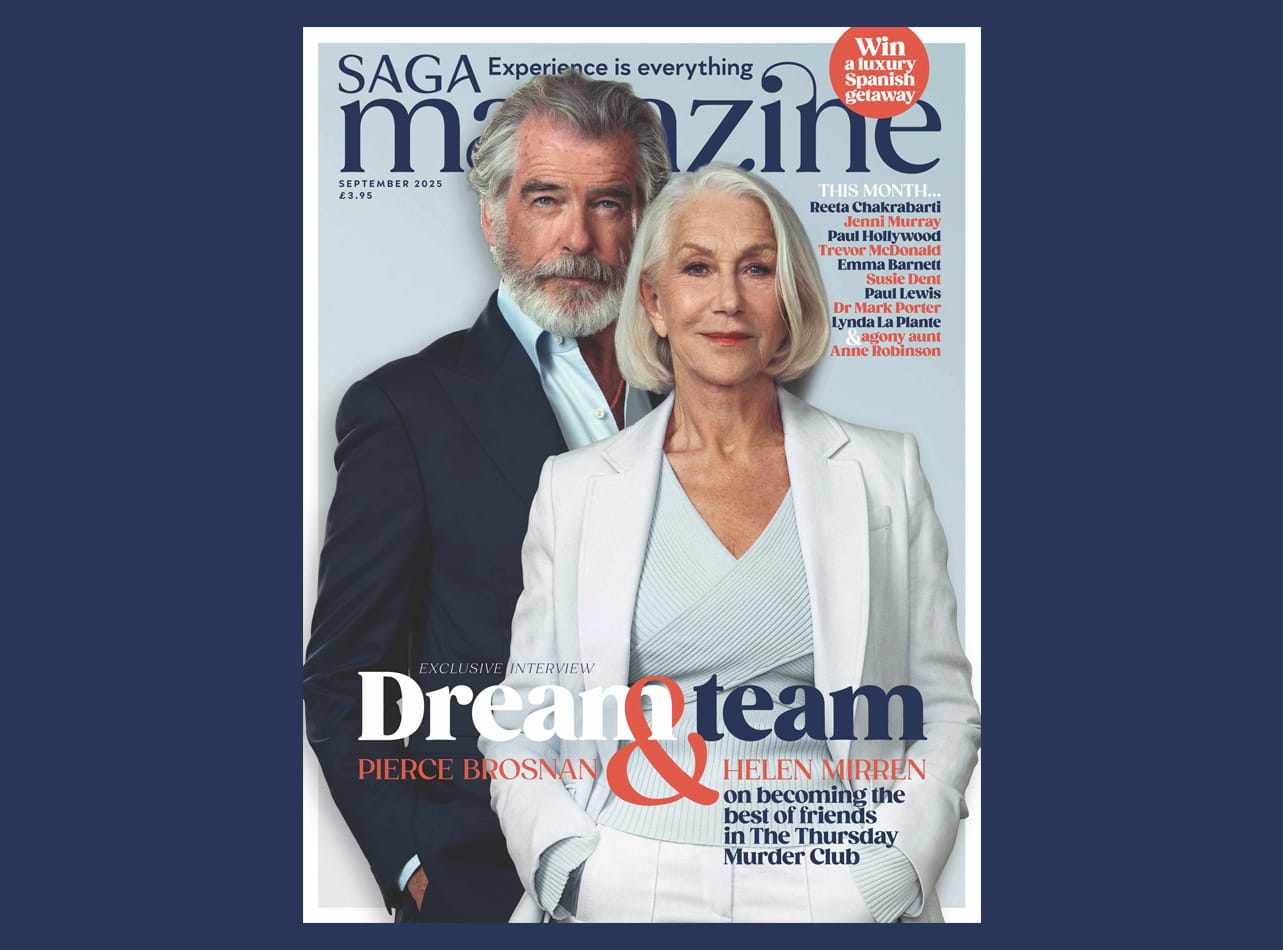
Get the next 3 print editions of Saga Magazine for just £3 when you subscribe and enjoy more content like this, delivered direct to your door every month.
Naga, who also presents the mid morning show on BBC Radio 5 Live, has suffered similar agonies since she was 15, yet it wasn't until she was 47 that she was finally diagnosed with adenomyosis.
Adenomyosis is a condition where the lining of the uterus grows into its walls, tearing the muscles; symptoms include very heavy periods and excruciating pain.
It is thought to affect as many as one in ten women in the UK and to be especially common among those in their forties and fifties.
Naga’s now taking the contraceptive mini pill to control her adenomyosis symptoms, though they haven’t completely vanished.
Watching her forensically interrogating guests on the Breakfast sofa, you’d never guess the pain she endures.
“People see me as a trusted source of information, no one’s interested if I’m feeling unwell.
"In our industry, you don’t want to seem weak and you don’t want concessions because there’s competition all around and you’re always trying to be the best you can. So I will not let it affect my work. I’m stubborn as hell.
“I dose myself up with painkillers if needs be and don’t compromise being good at my job.”
When Naga joined the BBC some accused her on Twitter (now X) of being a ‘token’ appointment. True to her no-nonsense form, Naga called out her attackers by reposting their comments for the world to see.
“I don’t have to do it now, those comments have really diminished, but at the time I thought you don’t get to sit behind a keyboard and abuse me,” she says.
“Because even though you think you’re not going to let these remarks influence you, of course they hurt."

Following her battle with chronic pain, Naga has written a book, It’s Probably Nothing, packed with interviews with other women and medics. It lays out what we all need to know about both female anatomy and the medical establishment so that women (and men) can better understand female health at every stage of life and know how to advocate for treatment.
“This isn’t about me whining, ‘Oh woe is me’, I’m not that kind of person,” she says. “It’s about fighting for your health because that’s hard. I’m assertive, with an education and a certain amount of privilege – more than capable of fighting my corner – but I was finding it difficult to be listened to and not dismissed and left undiagnosed. I thought, ‘Surely I’m not the only one?’”
The book is packed with fascinating insights underlining how, until recently, all medical research was based on male bodies, meaning – for example – recommended drug doses were tailored to men, but often had severely adverse side effects for women.
Her campaigning has already made a difference. After describing her experiences to the House of Commons Women and Equalities Committee two years ago, the NHS added a page about adenomyosis to its website.
“I feel a lot of responsibility as custodian to so many women’s stories,” she says.
“They were often in tears talking to me, realising how much time and many opportunities they’ve lost because of their health. They blame themselves for not pushing harder, though they did the best they could.
“So it’s a cliché, but if just one person reads it and thinks, ‘I’m not going to put up with this’, I’ll be so happy.”
It’s Probably Nothing: Critical Conversations on the Women’s Health Crisis (and How To Thrive Despite It) by Naga Munchetty (HarperCollins, £22)

Every issue of Saga Magazine is packed with inspirational real-life stories, exclusive celebrity interviews, brain-teasing puzzles and travel inspiration. Plus, expert advice on everything from health and finance to home improvements, to help you enjoy life to the full.

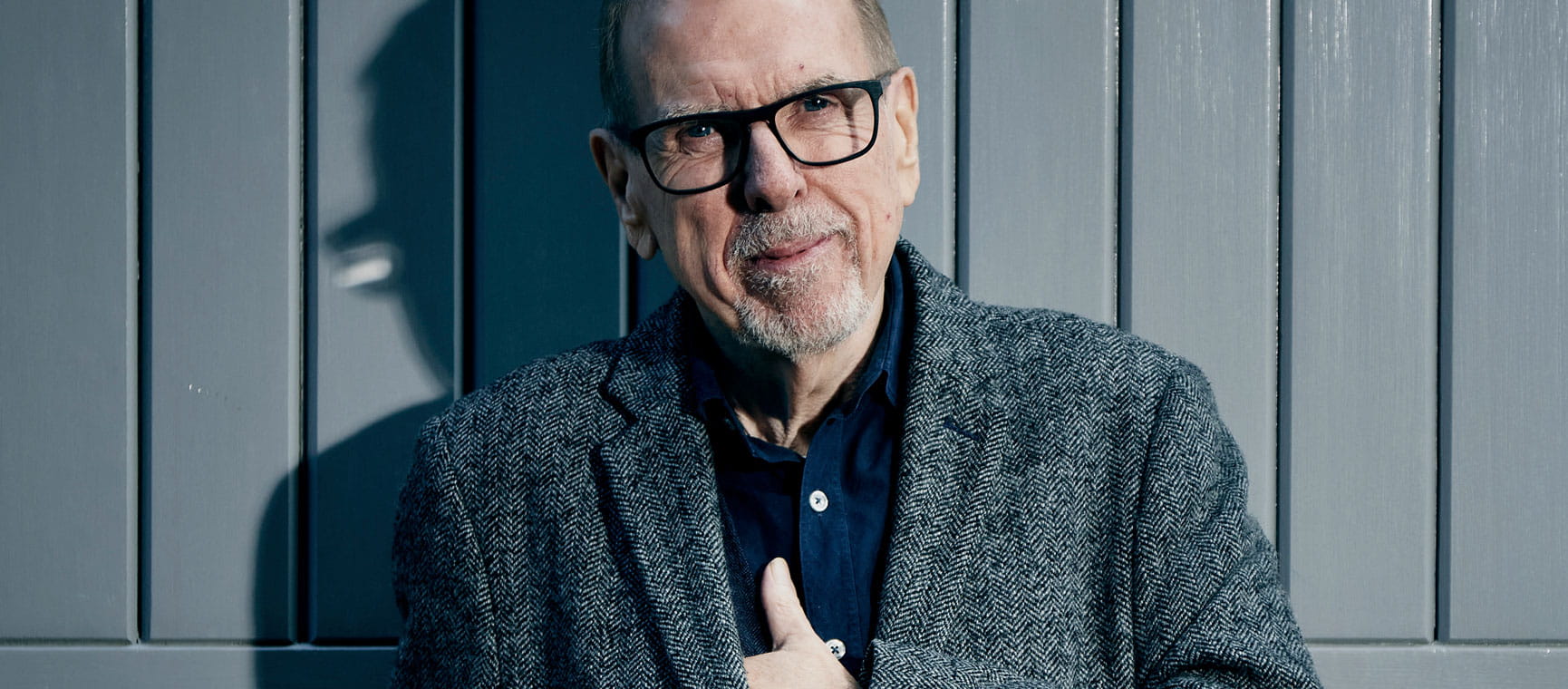
The Bafta-winning actor had been so successful at losing weight, he had to fatten up with a strap-on false belly for his latest role.
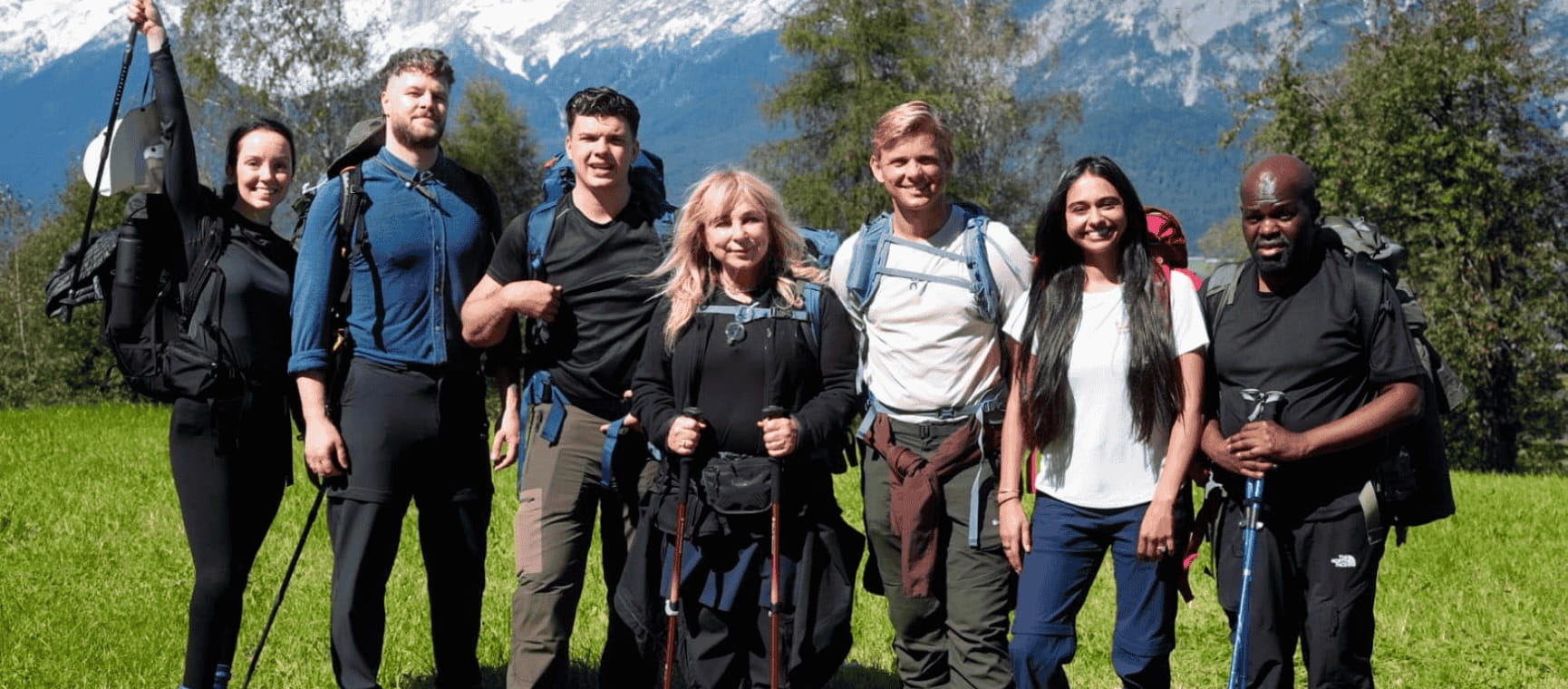
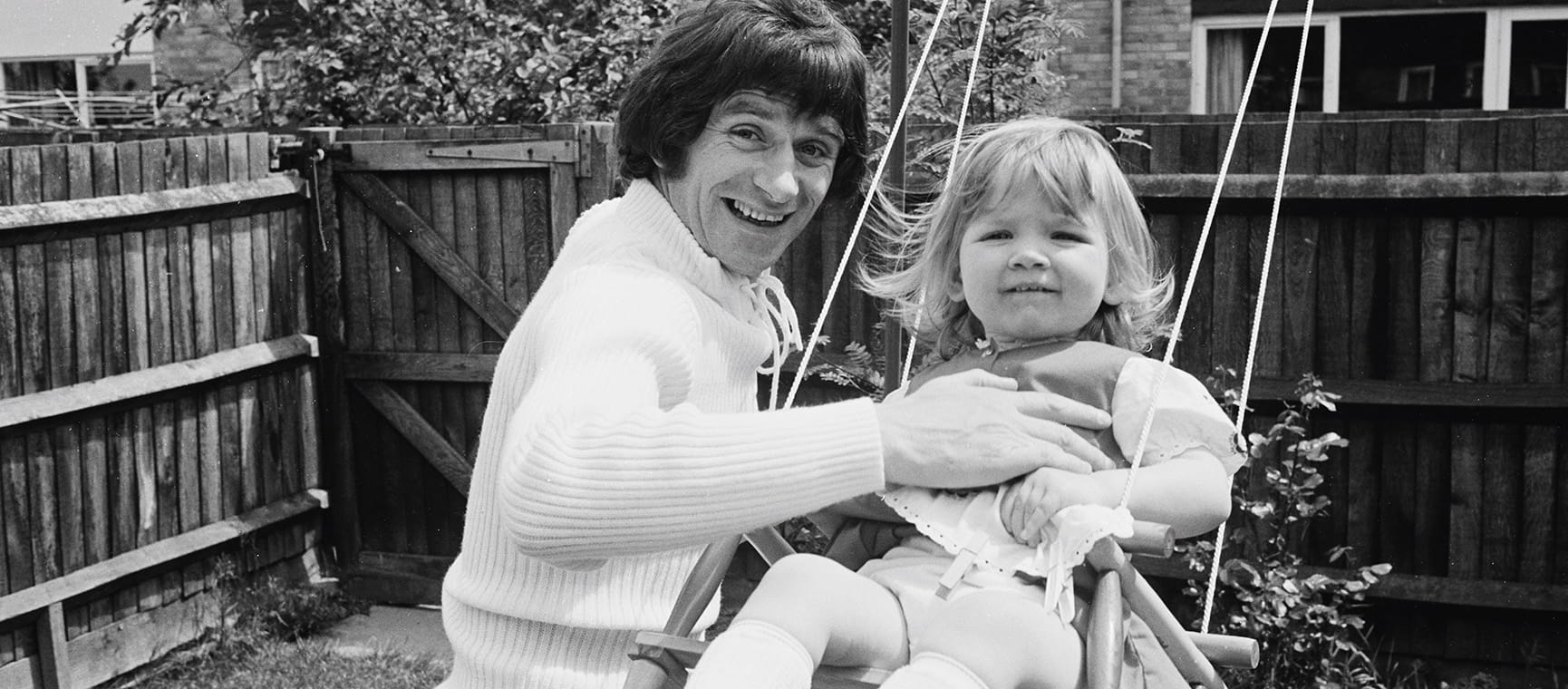
The presenter on inspiring the next generation and how daughter Zoe is bouncing back after leaving Radio 2.
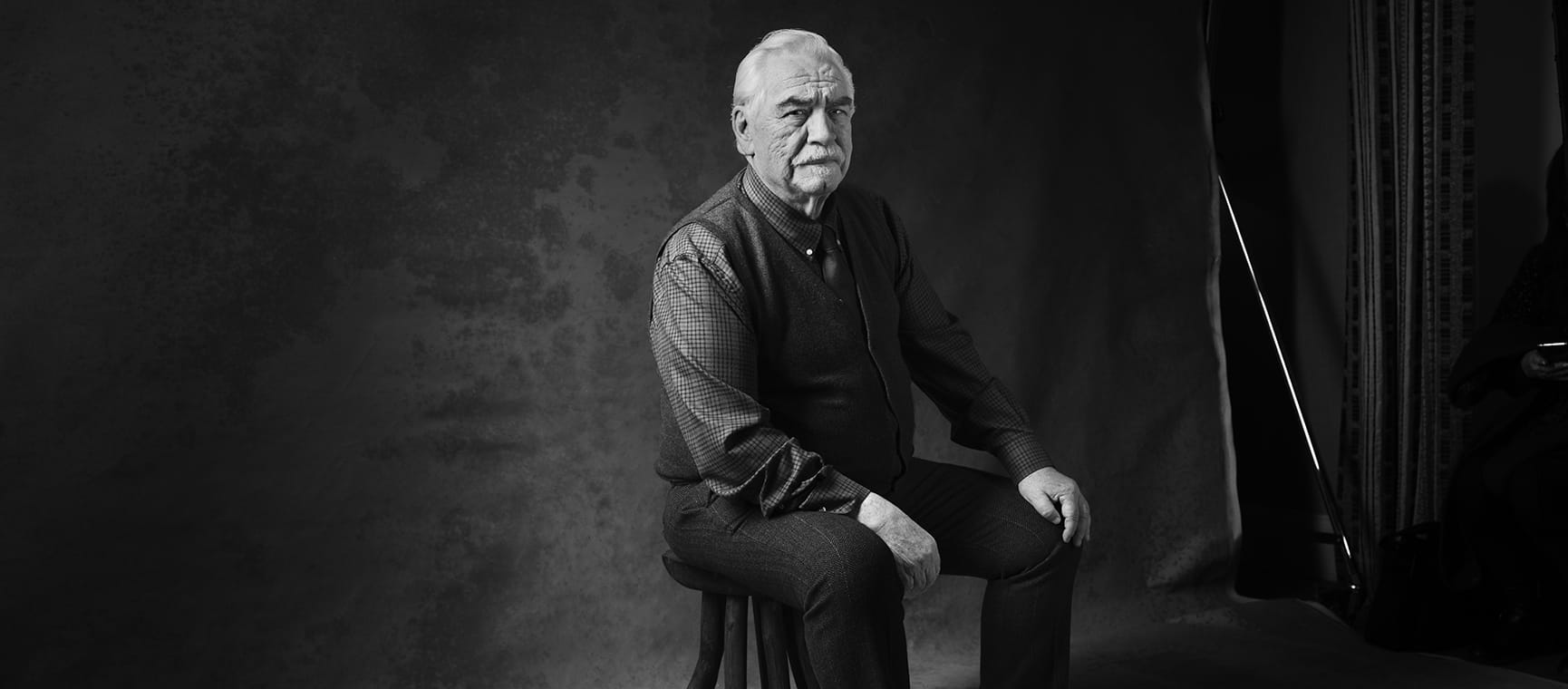
The Scottish actor on how he’s still asked to repeat Logan Roy’s most famous catchphrase.

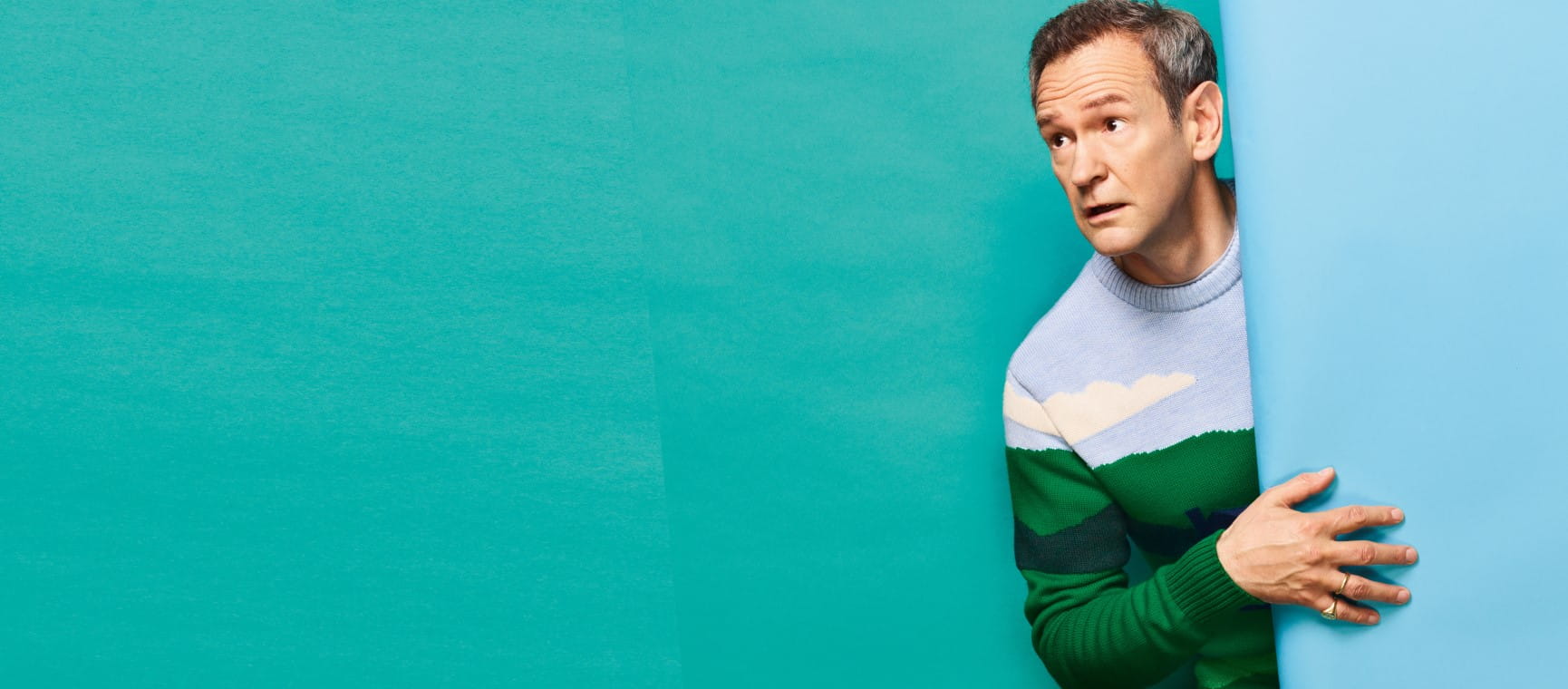
The presenter reveals his surprise contestant and how Richard Osman ‘bullied’ him into writing his debut novel.

The TV adaptation of Rivals has has been judged a rip-roaring success. We caught up with the book's author.
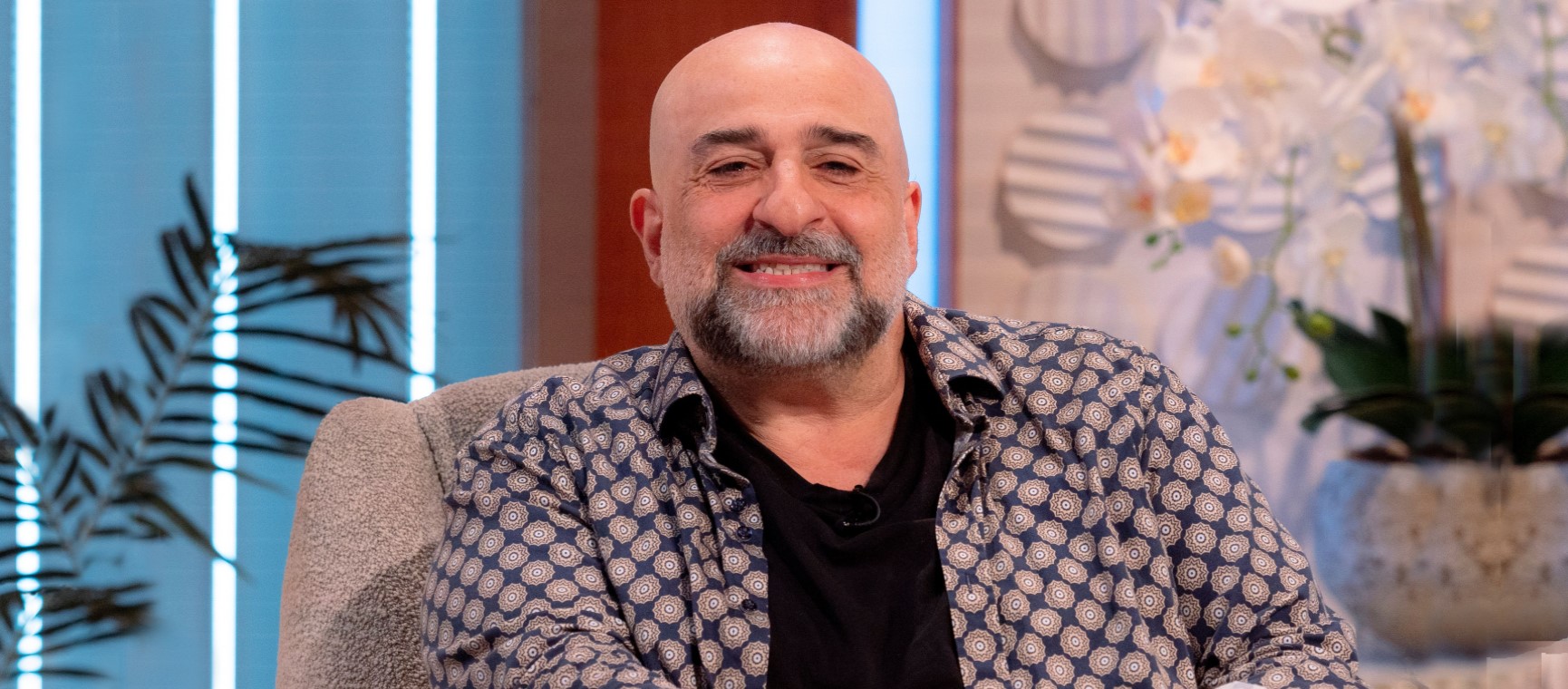

The BBC Radio 4 Today presenter reveals the responsibility and privilege that goes with her job.
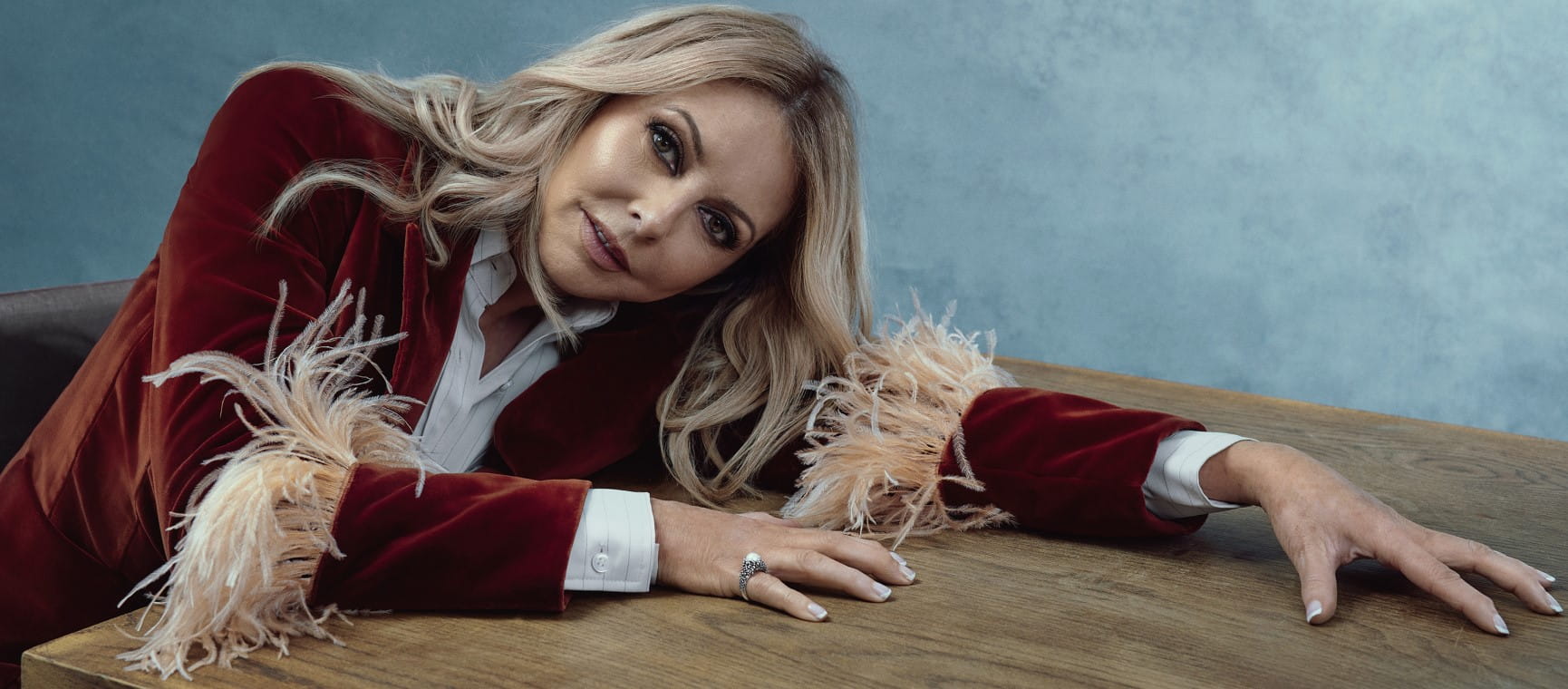
The presenter on being sacked by the BBC and why her views are 'career suicide'.
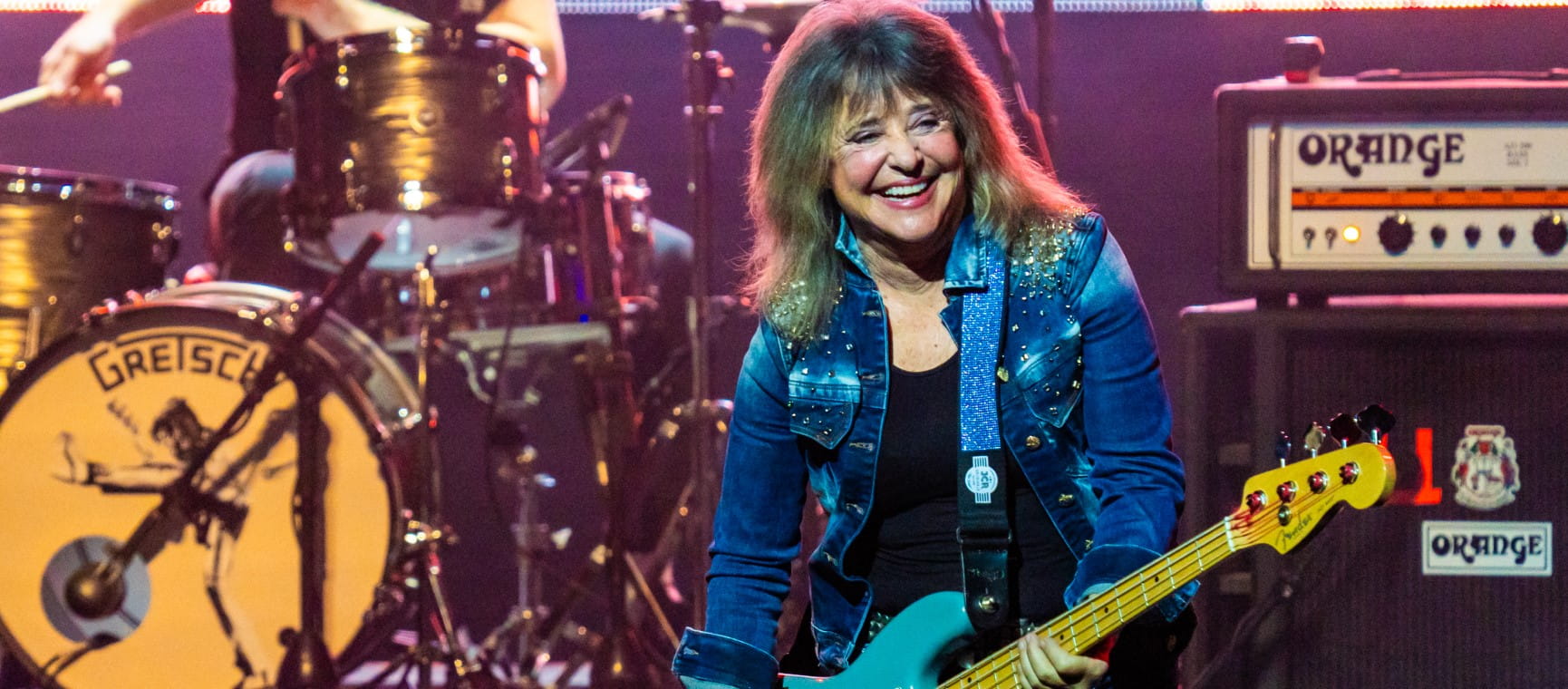
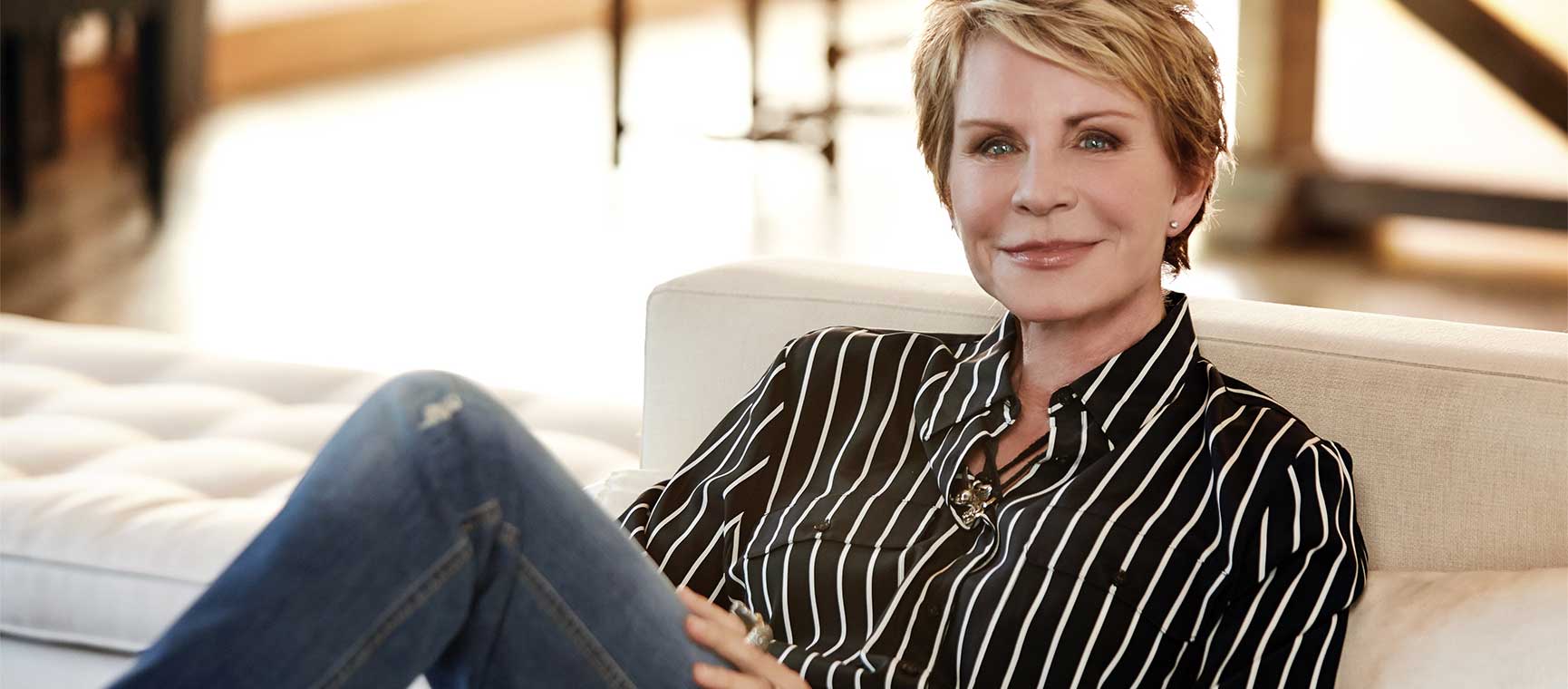
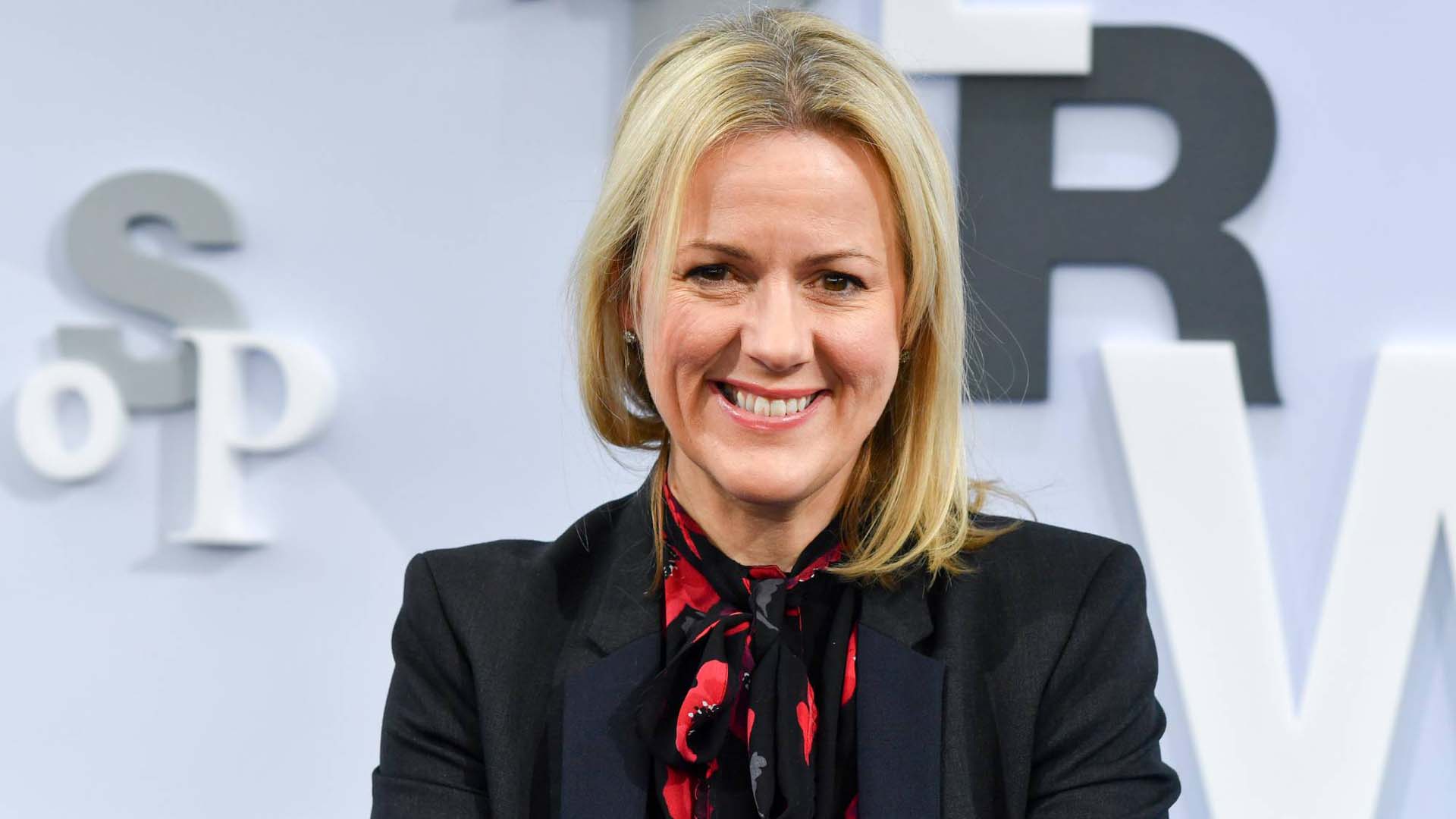
The best-selling author says Pilates has changed her relationship with her body.

Stop smoking, go for a walk and do puzzles, says the veteran newsreader.